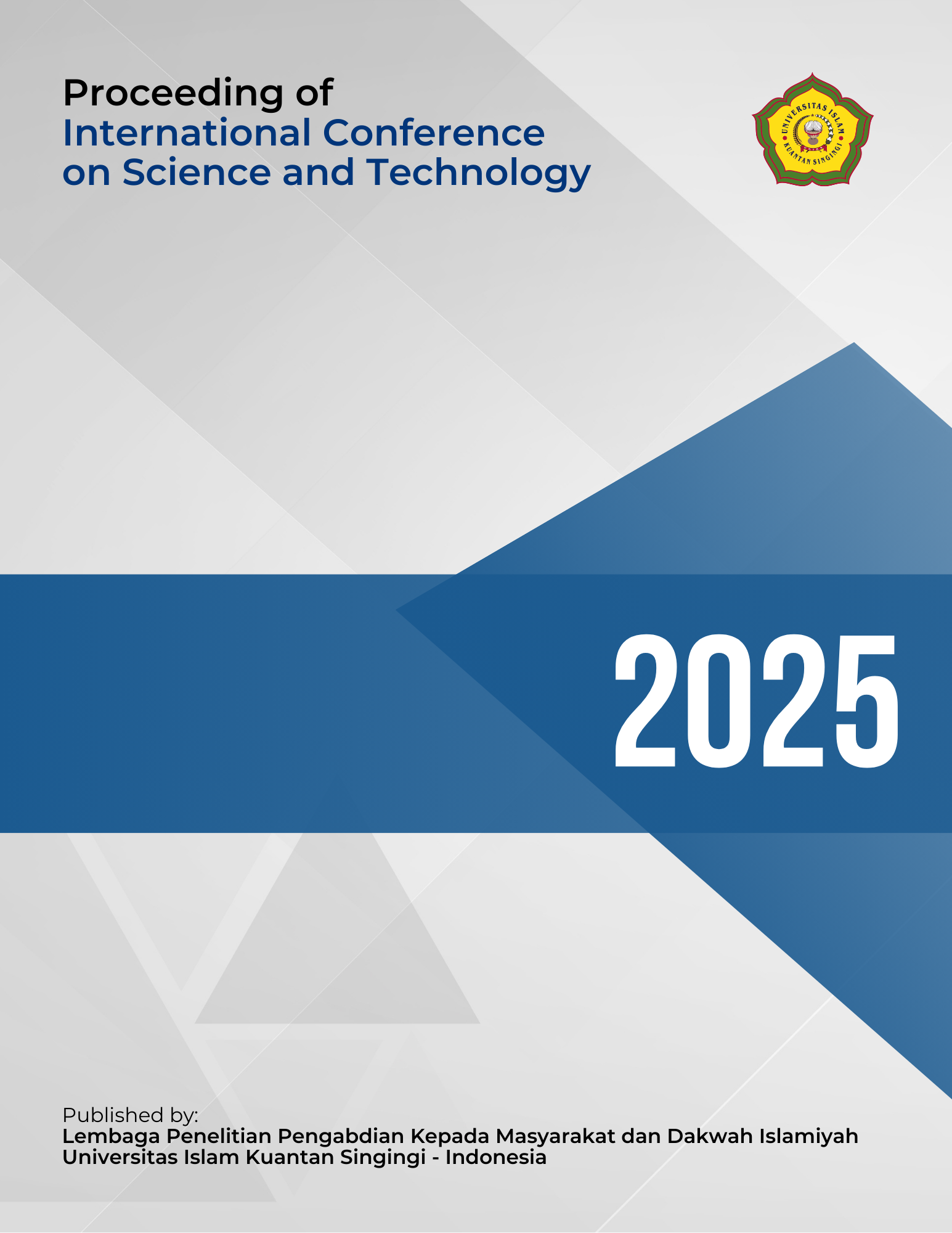De-Ideologization of Baitul Maal Rasulullah From Social Financial Institution to Financial Business Institution
Abstract
This research critically analyzes the phenomenon of de-ideologization in Baitul Maal wat-Tamwil (BMT) in Indonesia. Starting from the ideal of Baitul Maal Rasulullah SAW as a socio-religious financial institution based on the destruction of riba and the proliferation of sadaqa (QS. Al-Baqarah [2]: 276), BMT now tends to transform into a microfinance business entity. The shift in BMT's orientation towards profitability, practices perceived by the public as deviating from Islamic socio-financial principles, as well as conditions of stunted growth and minimal national contribution, are strong indicators of this de-ideologization. This impacts public trust and distances BMT from the Qur'anic ideology brought by Rasulullah. These findings emphasize the urgency of revitalizing the ideology of Baitul Maal in BMT operations to restore the trust of the ummah and realize a just contribution to Islamic economics.
Downloads
References
[2] A, M. (2020). Revitalisasi peran sosial BMT dalam perspektif ekonomi Islam. Kencana.
[3] Ascarya, & Yumanita, D. W. (2013). The Development of Islamic Microfinance Institutions in Indonesia: Issues and Challenges. Journal of Indonesian Economy and Business, 28(1).
[4] Aziz, M. A. (2020). Transformasi kelembagaan BMT dalam menghadapi tantangan ekonomi modern. Kencana.
[5] Bungin, B. (2020). Metodologi Penelitian Kualitatif: Aktualisasi Metodologis ke Arah Ragam Varian Kontemporer. Raja Grafindo Persada.
[6] D, M., & E, F. (2017). The role of Islamic microfinance in poverty alleviation: Evidence from BMTs in Indonesia. International Journal of Social Economics, 44(12).
[7] Djakfar, S. (2018). Etika Bisnis dan Tanggung Jawab Sosial dalam Perspektif Islam.
[8] Ismal, M. (2021). Measuring the Performance of Islamic Microfinance Institutions: Challenges and Solutions. Prabowo, Muhammad, 7(1).
[9] Karim, A. A. (2021). Bank Islam: Analisis Fiqih dan Keuangan. Raja Grafindo Persada.
[10] Khafid, M., & Fitriani. (2019). Komersialisasi Lembaga Keuangan Mikro Syariah dan Dampaknya terhadap Tujuan Sosial. Jurnal Ekonomi Syariah Teori Dan Terapan, 6(5).
[11] Moleong, L. J. (2021). Metodologi Penelitian Kualitatif. Remaja Rosdakarya.
[12] RI, D. A. (2005). Al-Qur’an dan Terjemahannya. Lajnah Pentashihan Mushaf Al-Qur’an.
[13] Sugiyono. (2019). Metode Penelitian Kualitatif, Kuantitatif, dan R&D. Alfabeta.
[14] Sula, M. S. (2004). Manajemen Keuangan Lembaga Keuangan Mikro Syariah (LKMS). Gema Insani.
[15] Yusuf, A. (2005). Kitab Al-Kharaj. Dar al-Ma’arif.
[16] Undang-undang Nomor 1 Tahun 2013 tentang Lembaga Keuangan Mikro (LKM).
[17] Undang-Undang Nomor 21 Tahun 2011 tentang Otoritas Jasa Keuangan (OJK).
[18] Undang-undang Nomor 23 Tahun 2011 tentang Pengelolaan Zakat.
[19] Undang-undang Nomor 25 Tahun 1992 tentang Perkoperasian.
Copyright (c) 2025 A. Muh. Nursyahid, Dedy Rachmad

This work is licensed under a Creative Commons Attribution 4.0 International License.


